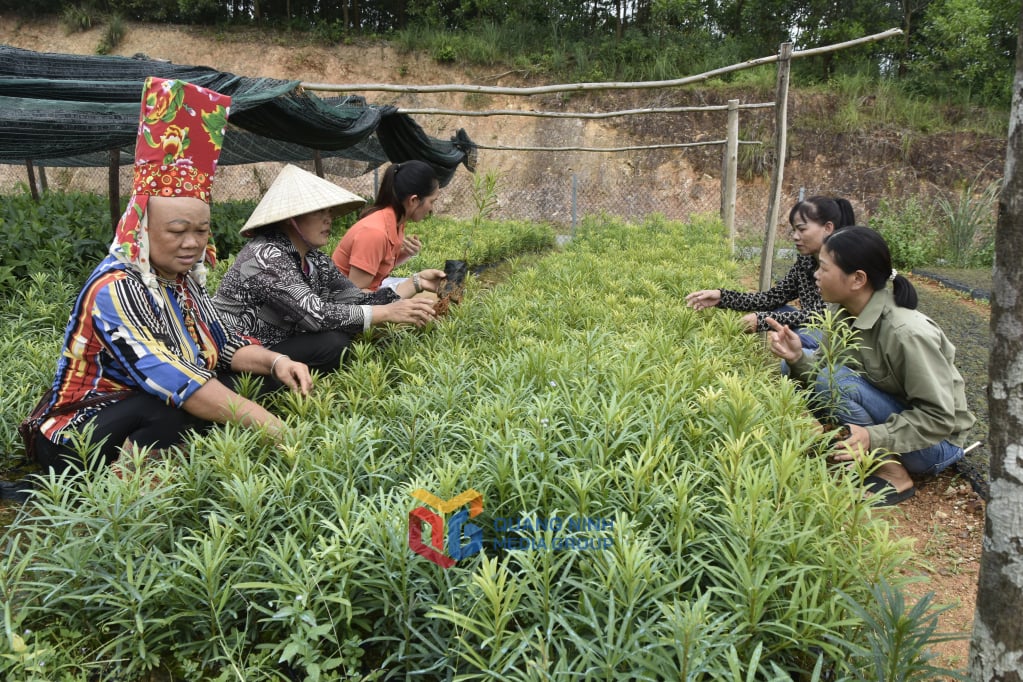
One of the policies that the province has focused on implementing very strongly in recent years is to gradually eliminate small-scale, fragmented agricultural production methods in ethnic minority and mountainous areas. Instead, it is to promote linkage models, promote the expansion of cooperatives and cooperative groups, shift the economic structure towards commodity production, and create high-quality OCOP agricultural product brands. Currently, there are 17 concentrated raw material production areas being developed according to the province's planning, including 8 raw material areas that have been granted growing area codes. Localities actively approve support for linkage projects, contributing to raising people's awareness according to building food safety chains, producing to VietGAP, GlobalGAP, HACCP, and applying high technology. Every year, OCOP fairs, markets, and product weeks are also organized, associated with supply-demand connection activities...
Currently, the province has 186 entities participating in the OCOP program with a total of 432 products, including 5 products with 5 stars, 107 products with 4 stars and 320 products with 3 stars. Notably, 50/432 products with stars from 15 entities, cooperatives, and enterprises are ethnic areas, remote areas, and islands. These are all strong and typical products such as: Golden flower tea, Ba Che Morinda officinalis; Binh Lieu vermicelli; Dong Trieu golden flower sticky rice; Mong Cai pig; Tien Yen chicken; Van Don sea worms; Co To squid... This is considered a breakthrough, opening up opportunities for local agricultural development, helping people develop the economy, increasing income in the direction of increasing the value of agricultural products, while promoting the rich cultural identity of ethnic migration in the province.
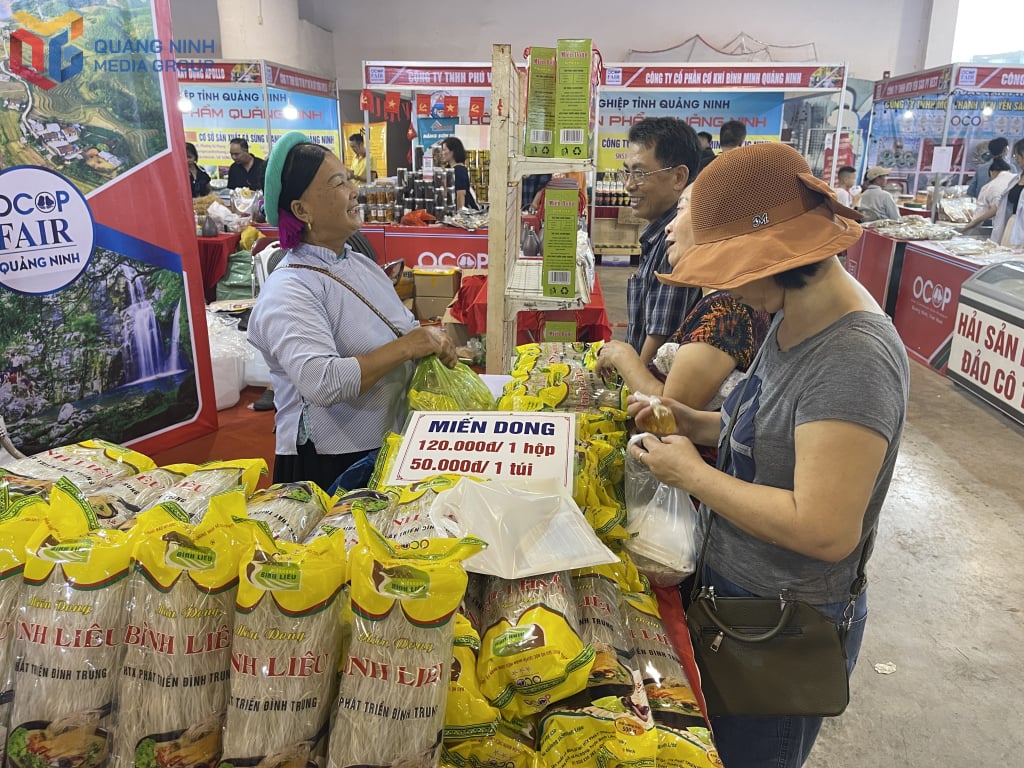
In order to diversify livelihoods for people, localities have also effectively implemented policies to encourage sustainable forestry development such as: Allocating land and forests to organizations, households, individuals and communities; sustainably developing a number of high-value non-timber forest products under the forest canopy; strictly controlling crop seasons, restructuring based on research on local advantages, weather developments and market demand... The forests that are gradually forming bring economic benefits to household, create jobs, help reduce poverty for ethnic settlements in mountainous and island areas; contribute to protecting the environment and ecology, responding to climate change, protecting people from natural disasters, storms and floods.
It is also worth mentioning that thousands of ethnic minority and mountainous households in the province have had more resources to invest in economic development and escape poverty thanks to access to preferential loans from the Bank for Social Policies. Policy capital has been deployed to the right subjects and used for the right purposes, becoming a lever to help many families improve their labor, production and life. To date, the Bank for Social Policies has disbursed VND 287.9 billion to 3,291 households with a maximum limit of VND 100 million/household.
Accompanying the people in mountainous, border and island areas, there is also the role of the Vietnam Fatherland Front and socio- political organizations of the province. Typically, the Farmers' Association at all levels has focused its activities on supporting and guiding members and people in difficult areas to develop collective economic models to improve efficiency; deploying the Farmers' Support Fund to provide unsecured loans for investment in production. Or the Women's Union has promoted programs to support startups, train skills, provide legal advice, help women confidently realize business ideas, especially applying digital transformation to commercial business...
It can be seen that the emulation movement for labor production is becoming more and more exciting and effective, spreading throughout all regions. Building a prosperous life does not necessarily mean "leaving home", "leaving agriculture" as the old concept, but can be completely realized right in the homeland, starting from the mindset of innovation, creativity, daring to think, daring to do.
Currently, the General Statistics Office is implementing the 2025 Rural and Agricultural Census. This is one of three national statistical censuses, organized periodically every 10 years nationally to collect comprehensive information on the current situation and development of rural and agricultural areas to serve the direction and administration of local Party committees and authorities. At the same time, it contributes to building a statistical database to serve the management and policy making for agricultural, rural and farmer development. On July 1, in Tien Yen commune, the Steering Committee for the 2025 Rural and Agricultural Census of Quang Ninh province held a launching ceremony for the 2025 Rural and Agricultural Census. The implementation period is until July 30, 2025. |
Source: https://baoquangninh.vn/chuyen-minh-trong-san-xuat-nong-nghiep-3365252.html








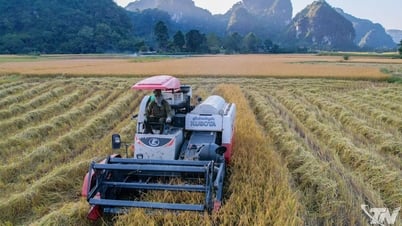



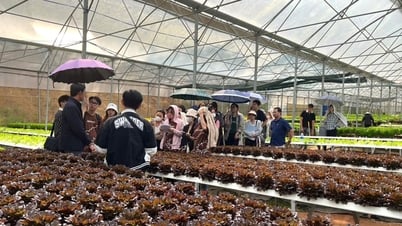
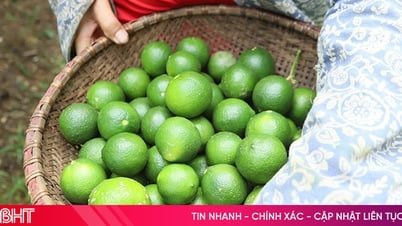

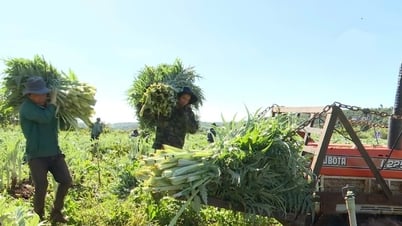
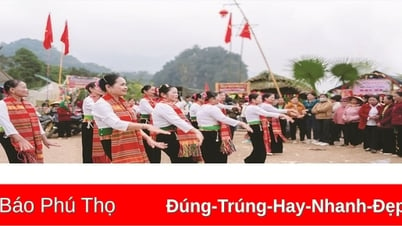

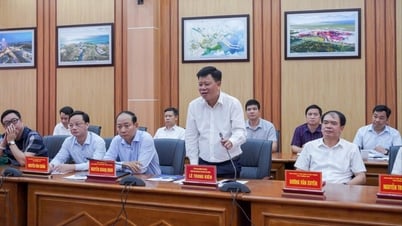

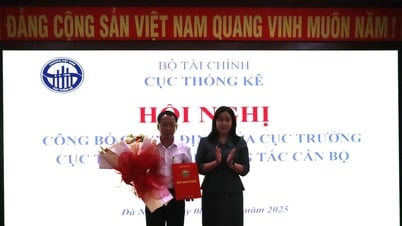





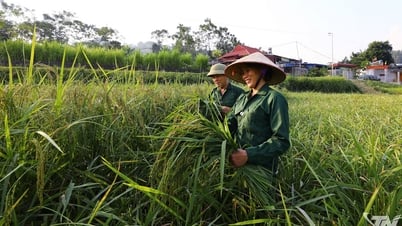





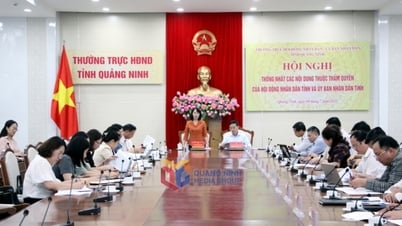
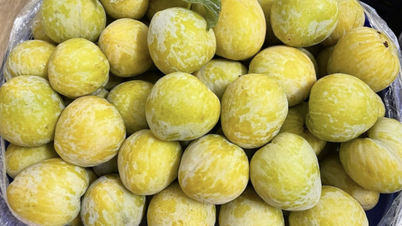
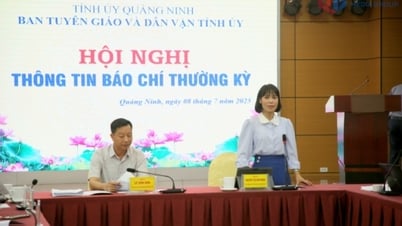








































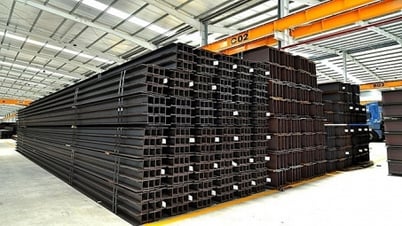




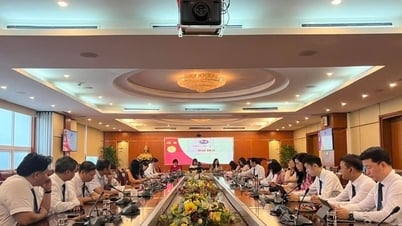

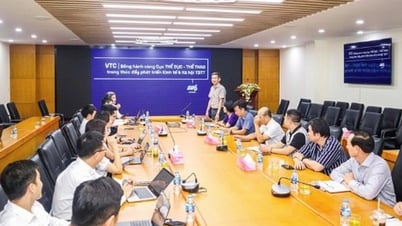



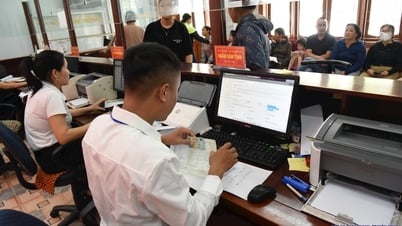















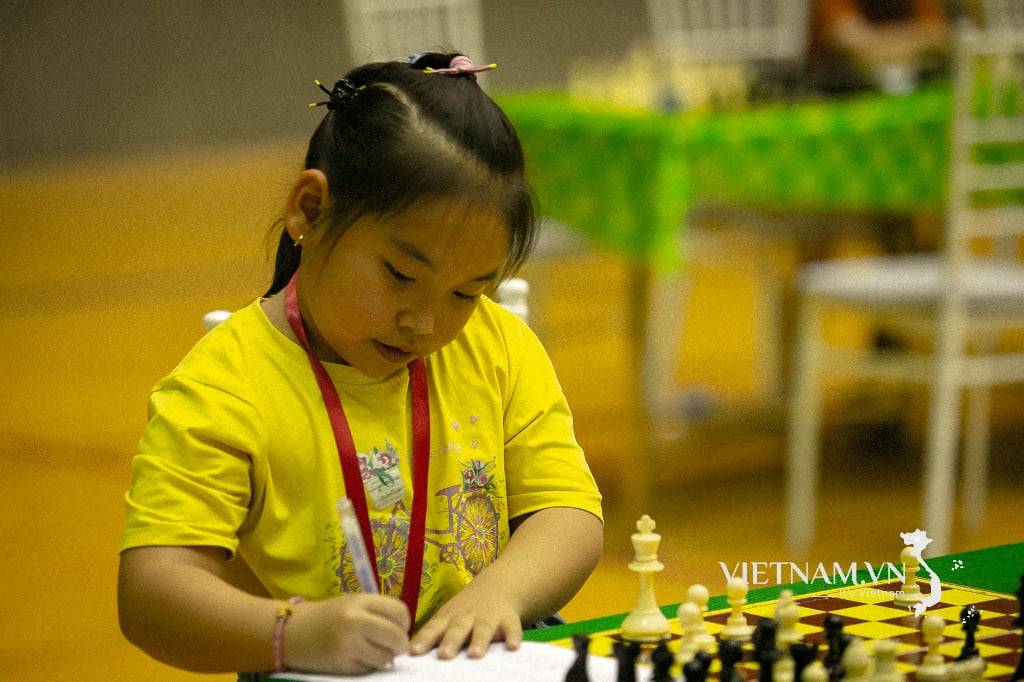
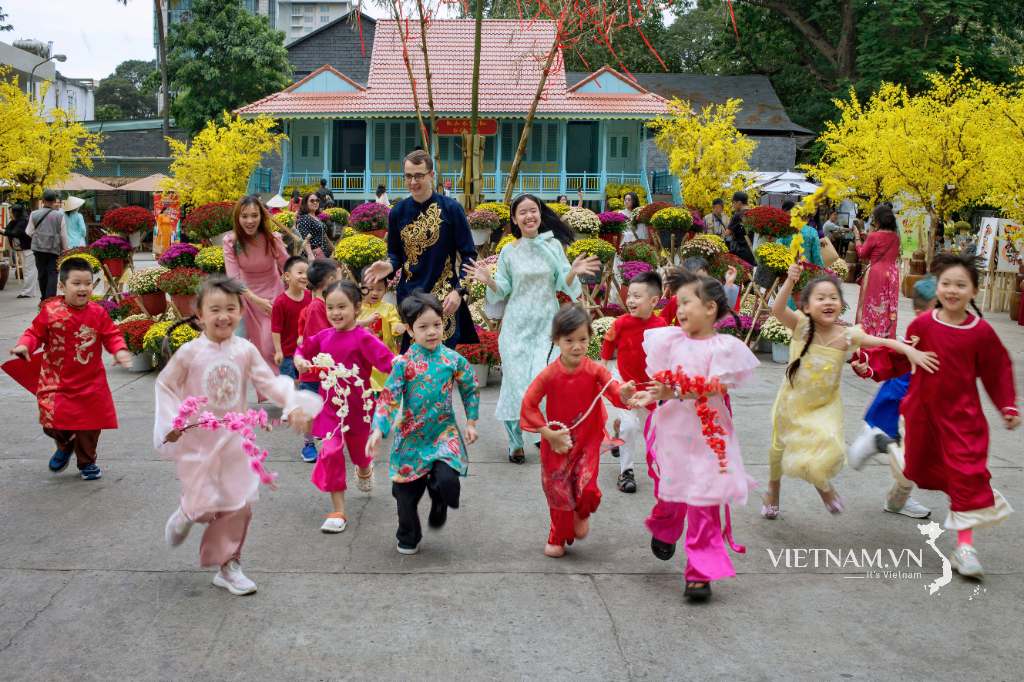
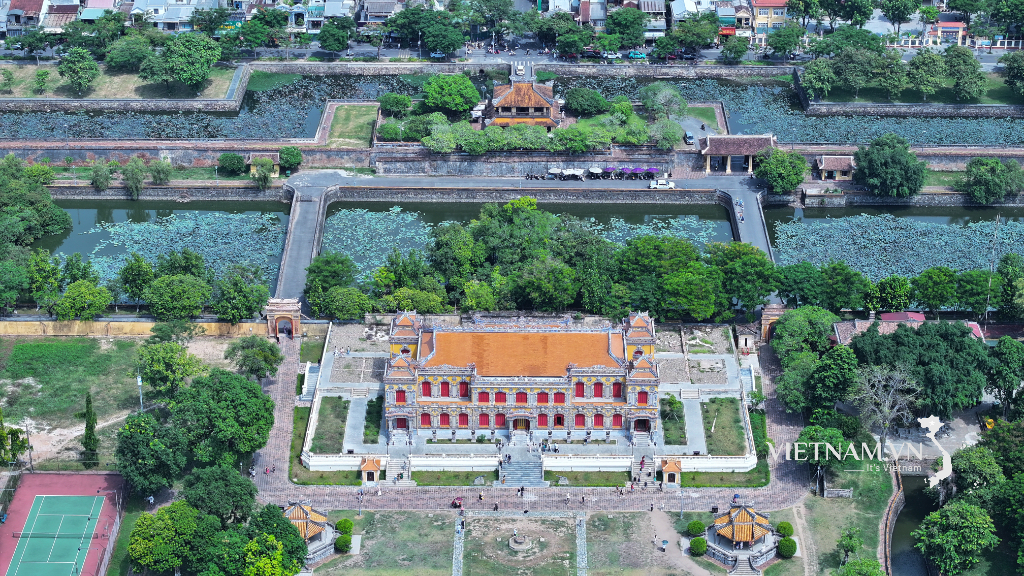

Comment (0)